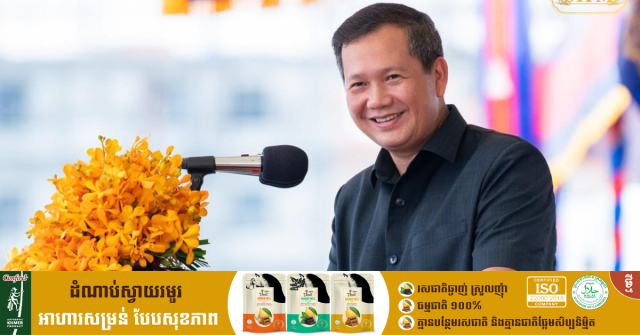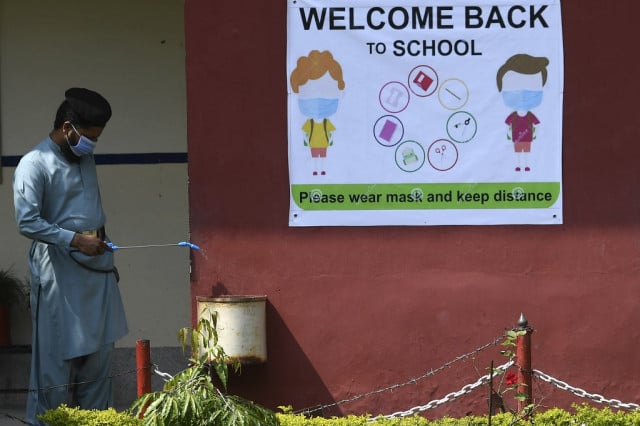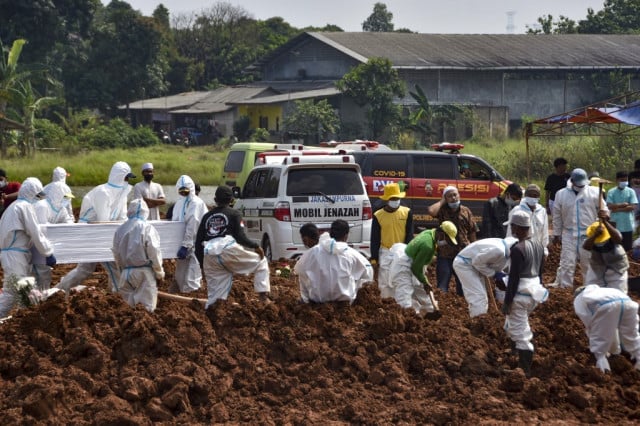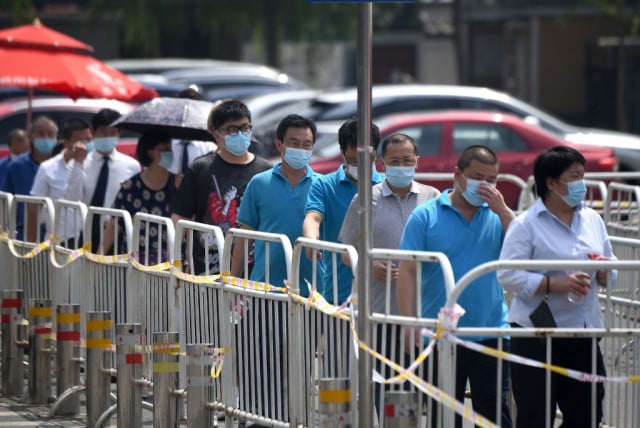End Officials’ Bribe Demands, PM Tells Tax Chief

- By Teng Yalirozy
- October 4, 2023 4:04 PM
PHNOM PENH – Complaints about tax officials accepting money from individuals and businesses have led PM Hun Manet to order Director General of Taxation chief Kong Vibol to review staff ethics.
“There’s one case. The tax officer did not follow the procedure and he over-reached,” the PM said. “He claimed to be a liaison officer who mediated an issue by asking for money from the company.
“It confuses people that the tax officers are oppressing them.”
The PM said the action was contrary to the taxation department’s working conditions, instructing the immediate termination of the contracts of such officials to protect the image of the unit.
Executive Director of Transparency International Cambodia Pech Pisey said knowing the root cause of the problems would address the issues.
“The government can directly learn about the obstacles facing the business sector, association, or enterprises because they are directly dealing with tax collection,” he said. “The government should discuss it with them.”
Corruption is a significant issue in Cambodia's tax administration, deterring foreign investment and causing companies to engage in irregular payments, according to a Gan Intergrity – a platform for integrated risk management intended to streamline compliance and promote ethical company conduct.
Over half of businesses expect to give tax officials gifts or irregular payments and a third believe most officials are corrupt. Most citizens refuse to pay taxes due to corruption.
The US Department of State 2023 Investment Climate Statements about Cambodia say the government is grappling with corruption, tax evasion and a weak regulatory environment, leading to a lack of transparency in approval processes.
“Foreign and local investors alike lament the government’s failure to adequately consult the business community on new economic policies and regulations,” the State Department says.
Pisey said that TI and the Budget Working Group – 20 national and international civil society groups working together since 2016 to boost citizen involvement in improvements to public financial management – had pushed for equitable implementation of tax laws.
He referred to the application of the laws to companies with and without connections to those in power.
“It is to ensure fair competition in investment and business,” he said. “It can also attract more investment.”
According to the Corruption Perception Index 2022, Cambodia ranked 150 out of 180 countries, scoring 24 out of the highest score of 90.
Hun Manet also ordered an end to unethical and complicated tax collection procedures, encouraging effective response mechanisms with citizens, increasing IT systems and strengthening the work ethic of tax officials.
No new tax
Last week, as the government announced implementation of the capital gains tax, sparking concern, especially from real estate agents as the sector has stagnated.
The 20 percent tax on capital gains will be collected from January 2024. This has led to public criticism of the new government for collecting more taxes while other countries are cutting them.
The PM said on Oct. 3 there would be no new tax or increase in tax duty.
He said people had been confused by the capital gains tax which had been on the books since 1882 but had never been enforced.
He said details of the tax would have to wait for a meeting between the government and the private sector in November to raise policy issues.
“We do not create new ones, we do not raise existing taxes. What we have done is a tax-free policy and taxes on goods,” he said.
The state still exempted from tax agricultural land, materials and products from citizens. Nor was there tax on houses or real estate worth 100 million riels or $250,000, property transfer from parents, on motorcycles and tricycles. Neither were there levies on roads.















